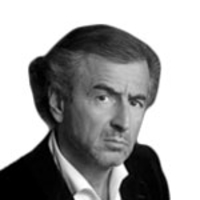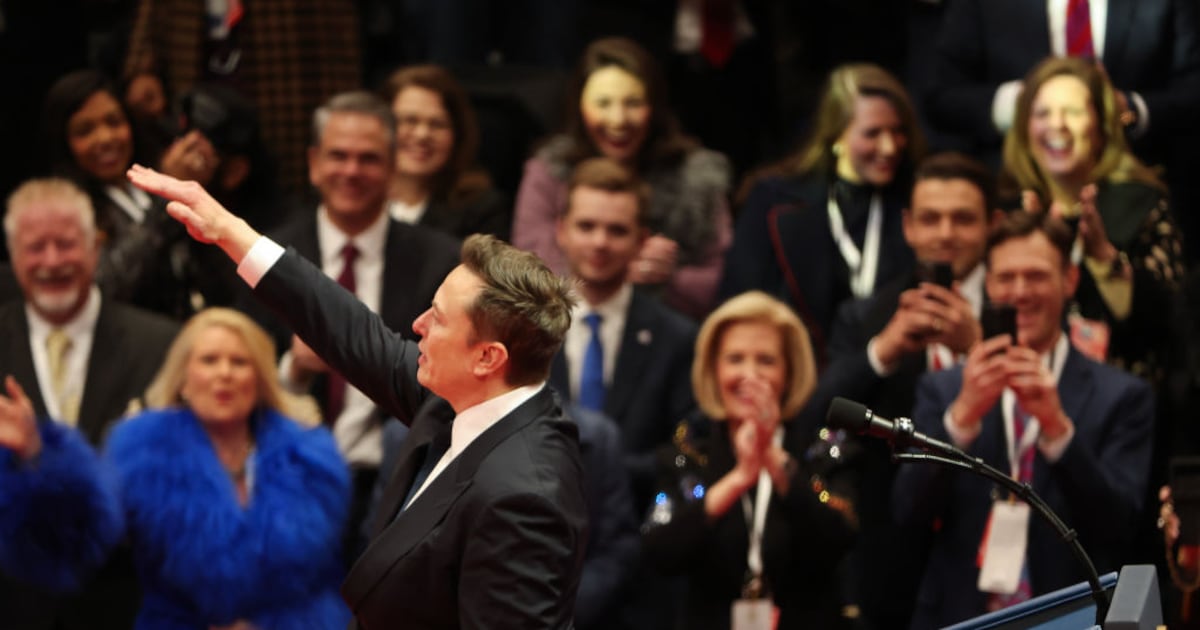The world’s eyes are fixed on Marine Le Pen.
But France has another extremist candidate, this one on the far left, who could surprise us on Election Day.
His name is Jean-Luc Mélenchon.
He was born in Tangier, Morocco, a spacious, cosmopolitan city, a city of writers and lovers of beauty that forms a tangent between curious Europe and the beguiling East.
From the start, Mr. Mélenchon had the gift of gab and an eloquence that made you wonder whether he was born in the agora of Athens or somewhere between Tangier’s Grand and Petit Socco.
Even now, as most politicians have yielded to the empty, spin-doctored communication that has killed true political speech, he is one of the last whose manner of expression retains a trace of the lively retro lilt, the air of extemporaneousness that defined the finest hours of French oratory.
And I remember encounters, a few years ago, when I sensed in Mr. Mélenchon something refreshingly authentic—starting with his books, which he obviously wrote himself.
That man is gone. What happened to him?
Did he undergo a real change, or did he simply jump at the role offered to him in the reality soap opera that Western politics has become?
Sometimes I tell myself that self-love led him astray:
The hyper-populist orchestration of his rallies… His way, not so much of speaking, but of listening to himself talk… The aroma of the personality cult that wafts through his far-left party… And the possibly unprecedented use of a hologram to launch his campaign, a gesture that gave rise, in France, to a plethora of contorted explanations and interpretations even as the simple truth was blindingly obvious: It was first and foremost an unparalleled stunt of political self-gratification, one worthy of Donald Trump himself.
And then, sometimes, I think there may be something in Mr. Mélenchon of the humiliated child, who, as described by French novelist Georges Bernanos, is never so bad as after he is denied the recognition he believes he has earned. Jean-Luc Mélenchon was so devoted to François Mitterrand! He was so envious of François Hollande! But when will the favors be returned? Never? Subordinate status forever? And the stuffed shirts expect him to sit back and play a supporting role?
Whatever the reason, the result is clear enough.
A man who began by embodying the republican spirit at its best decided at some point to strike out on his own and, in so doing, he indeed became a leader of sorts—“the first in the decrepitude of his art,” as Charles Baudelaire said of Edouard Manet.
Observe him on stage at the first televised debate of the French presidential campaign, nodding as Marine Le Pen rips into Europe or NATO.
Listen as he proclaims, using the purest Le Pen rhetoric, the urgent need for a “great turnover,” one that will drum out of office the current bosses (as well as the bureaucrats) and pry loose the failed democratic elites—can’t we sense his mano a mano with the semantics and violence of the extreme right?
Notice, in his putatively “patriotic” incantations, the overtones of Boulangism, the 19th-century French precursor of fascism, the organizing principle of which, even then, was the cult of personality mixed with direct appeal to the people’s “energy.”
And then there is the name of his movement: “Unsubmissive France.”
Unsubmissive, really? Indomitable, rebellious—are you sure?
The strange thing is that, every time a rebellious people comes up against a dictatorship—I mean a real one—Mr. Mélenchon manages to support the dictatorship as it steamrolls the people.
Alexei Navalny, one of the bravest opponents of Putin, insulted and calumniated.
Syria’s democratic aspirations reduced to a struggle for oil and gas, with Bashar al-Assad having the last word.
The struggle for Ukraine’s independence made to look like an “imperialist” plot hatched by “putschist adventurers.”
The Dalai Lama and Tibetan survivors of Chinese massacres accused of wanting to establish a “Buddhist sharia.”
And, instead of support for human-rights activists in Latin America, we hear hymns to Chavez and Castro.
One might object that Castro was, in his way, one of the “unsubmissive.”
Well, I don’t believe it.
But even if he had been, might not Mr. Mélenchon be perhaps just a half-century late in his proclamation of the “era of the people” (which happens to be the title of one of his books)?
One senses in him adolescent nostalgia for the big revolutionary myths of the past.
And I recall, from a conversation in 2008, this French good old boy’s childish fondness for the greats of leftism’s golden age with whom he missed having had the chance to chew the fat.
But a serious presidential candidacy cannot be based on such childishness.
When it is, what you get is a politics for idiots that clutches at shadows, hopeless and flat.
Where his elders would have used the term “dialectics,” Jean-Luc Mélenchon speaks of “disengagement.”
Where his forebears might have honed their new idea of internationalism, he falls back on “sovereignism” and isolationist noninvolvement.
And, in the simplified, spectral world he inhabits, the revolution comes to look more like Halloween.
Nothing remains of Maoism but the jacket.
Robespierre becomes a petulant, ranting tribune.
The tough and, in a way, romantic Saint-Just is made up as Tartarin of Tarascon, Alphonse Daudet’s 1872 caricature of a puffed-up big-game hunter.
This parody, this travesty, this entitlement-maximizing idea of revolution and risk-free rebelliousness, is exactly what people like about Mélenchon.
Except that Saint-Just was something else entirely.
He was the young zealot who torched the language of Rousseau’s intellectual heirs.
And, however reassuring one may find the recycled truisms and ultimately inoffensive faking of yesterday’s radicalism, one has to feel a bit uncomfortable about the kitschy use to which the history of France and of the 20th century is being put.
Our rebel seems a bit puny.
Vain, empty, ectoplasmic.
He sounds like a fraudulent miracle-worker who leaps in among the ghosts of the populist past just as, back in his youth, he dove into the “vast, crystal-waved ocean” that laps the shores of Tangier.
Jean-Luc Mélenchon would have French voters believe that he is picking up the torch. But can he even light a match?






